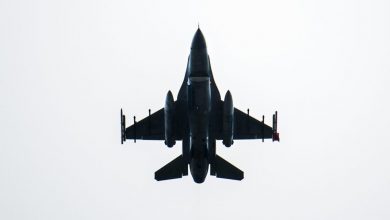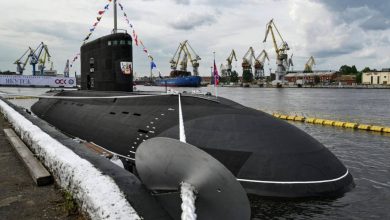Analysis: Global struggle for a solution to avert ‘doomsday scenario’

The common theme in the last one month in international political-economic platforms and international organizations is the doomsday scenario.
It is defined as the possibility that the three major threats facing the world economy and international politics, namely the energy, food and supply chain threats, could reach even more unmanageable levels as of next autumn and turn the lives of billions of people upside down.
We’re talking about the whole of Europe going through the autumn and winter without heating, or even without some essential nutrients from time to time. We are talking about feeding a significant part of the population, which is estimated to be between 350 million and 500 million people worldwide, starting with Africa, once a week under the best conditions.
The world economy has already been hit hard by the coronavirus pandemic, and the unemployment figures on a global scale will reach 207 million by the end of 2022, with 21 million more people added compared to 2019. Due to China’s zero coronavirus case strategy, it is still problematic to get many raw materials, intermediate products and final products in the global supply chain.
The global energy supply security crisis and the global food security crisis caused by the Russia-Ukraine war, the main and aftershocks of the two “black swans,” have left all actors in the global system face to face with a doomsday scenario. The perception and concern about the doomsday scenario are so serious that economies such as China and India have intensified their export-restrictive measures, despite all criticism.
Because the economies of East Asia and South East Asia, which have especially high populations and a rising standard of living, are aware that they must first meet their domestic demands and the expectations of their own people.
China, which exports diesel from its refineries to the world economy, has almost cut off its exports because it cannot predict how long the global energy supply security problem will continue, and this inevitably increases diesel fuel prices. In addition, since the technology in the renewable energy field, which provides the most critical transformation in the fight against global climate change, is dependent on the component products, rare minerals and metals provided by China, and since semiconductors and chips of the automotive and electronics sector come from the Far East, there is a serious price-rise problem in all sectors.
However, the leading countries of the world economy are confused about how to manage such a serious risk of cost inflation on a global scale, and how to balance the reflection of energy, food and commodity prices, which have increased significantly on a global scale, on their production costs.
Because, while most of the leading economies had a serious budget and public debt problems even before COVID-19, the measures to eliminate the effects of the pandemic and the war caused the problem of budget and public debt to become even worse. The measures that will cool the economies and put them into a heavy recession due to the fear of global cost inflation will also trigger stagflation and high unemployment. Therefore, in autumn, the struggle for a solution against the doomsday scenario will have to progress with more grounded ideas and policies by both the G-20 and Organisation for Economic Co-operation and Development (OECD) member countries.





